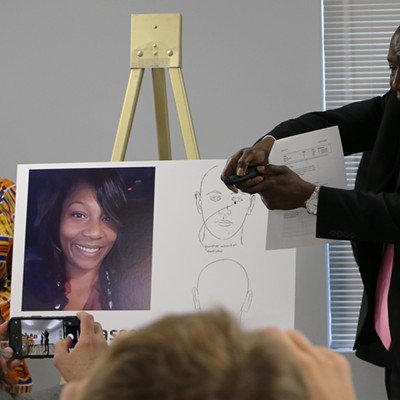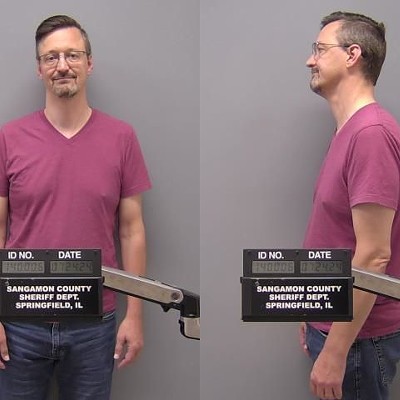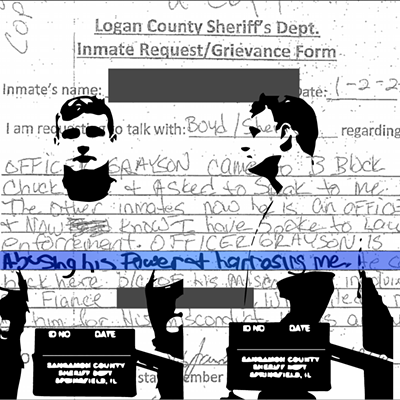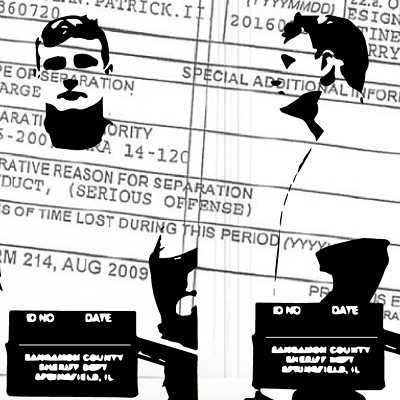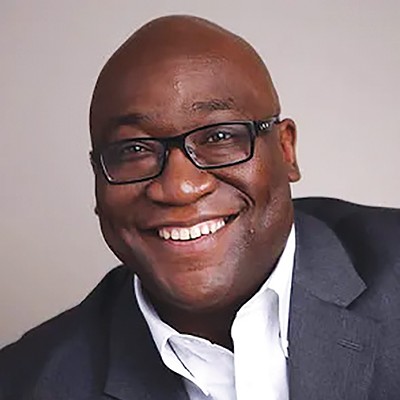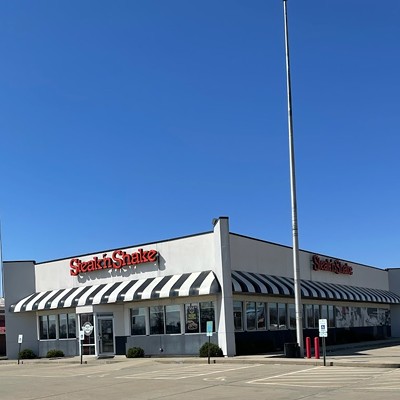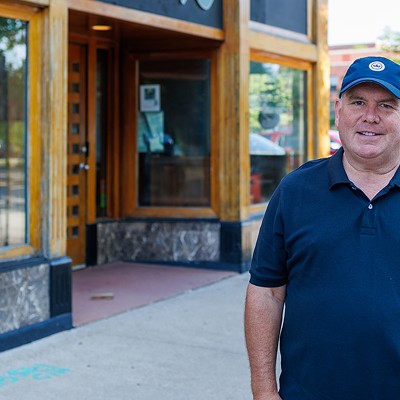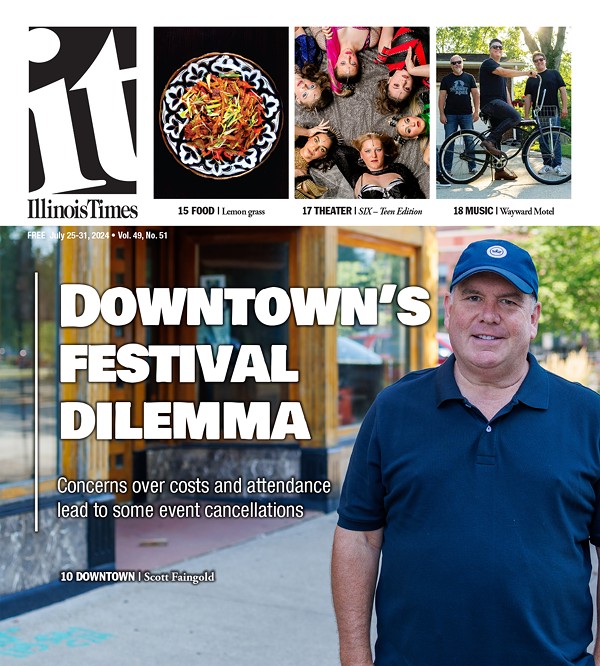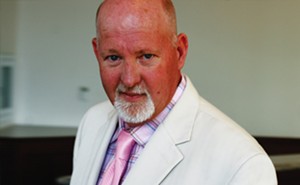
And Parsons kept spending no matter what.
Parsons didn’t show up for the Oct. 29 hearing before U.S. bankruptcy judge Mary Gorman, who issued a judgment of more than $2.2 million against him, the amount that Roger Stone, an accountant who specializes in uncovering fraud, determined that the embattled entrepreneur had improperly taken from the company.
Gorman’s ruling came after Stone and Jeffrey Richardson, bankruptcy trustee, told the court that Parsons, who was paid a yearly salary of $200,000 from his company called THR and Associates, took far more than that from THR.
“Mr. Parsons was taking distributions from the company somewhat like a drunken sailor,” Richardson told the court.
In 2010, Parsons and his wife had an income of more than $8.5 million, Stone testified. At least 80 percent of the money came from buying and selling gold and silver, typically at events set up across the nation in hotels, the accountant told the court, and as the price of metals rose, THR couldn’t miss.
“It almost didn’t matter what they paid for it,” Stone testified. “When it (the price of precious metals) started dropping, whatever they paid for it was too much.”
Stone’s assessment was remarkably similar to how Parsons described his business two years ago, shortly after he filed for bankruptcy. Running THR during its salad days, he told the bankruptcy court in 2012, was akin to buying $50 bills for as little as $10. Like Stone, Parsons has testified in previous court hearings that the falling price of gold contributed to the demise of THR.
The apex came in August 2011, when the price of gold peaked at more than $1,900 per ounce, then began a steady decline. THR had a negative cash flow that month, Stone testified, and it didn’t take long for the company to hit bottom. Within three months, THR was insolvent, having made $17 million during the first three quarters of 2011 and losing $6.5 million during the fourth quarter of that year, the accountant told the court. But Parsons didn’t change his ways, taking distributions of more than $500,000 per month while his company tanked, Stone testified.
“It was pretty clear: He was not paying company debts, like payroll taxes, and he was spending that money personally,” Stone told the court.
Left in the lurch were vendors, employees, the Internal Revenue Service, the state Department of Revenue, landlords and unwitting customers who got rubber checks from THR in exchange for gold. All the while, Parsons played the part of successful businessman, opening a Springfield store called J. Parsons in the fall of 2011, complete with doorman, that featured clothing, home furnishings, toys, foodstuffs, jewelry and antiques.
Even as the price of gold fell, Parsons purchased a half-interest in a Cessna jet from local car dealer Todd Green in the fall of 2011, paying for the aircraft with $600,000 in silver coins. He also used silver to help pay for a Panther Creek home in November of 2011, after THR, according to Stone, was insolvent. The spending continued in 2012, when Parsons bought a boat for $150,000 in silver coins despite a court order in his pending divorce that limited personal spending to $25,000 a month and barred him from acquiring any planes, boats, cars or other vehicles without permission from the judge in divorce proceedings.
In issuing the $2.2 million judgment against him last week, Gorman determined that Parsons had broken a state law that forbids business owners from taking distributions from companies that are insolvent. The status of an FBI investigation into THR that was active in 2012 isn’t clear.
After Richardson, the bankruptcy trustee for THR and Associates, and Charles Covey, bankruptcy trustee in Parsons’ personal bankruptcy case, accused Parsons of hiding assets from the bankruptcy court, Gorman last year refused to discharge Parsons from bankruptcy and erase his debts. After last week’s hearing, Richardson said he had “no idea” whether all of THR’s assets have been properly accounted for. He declined comment when asked whether he believed Parsons had violated any criminal statutes.
Contact Bruce Rushton at [email protected].


